Contents
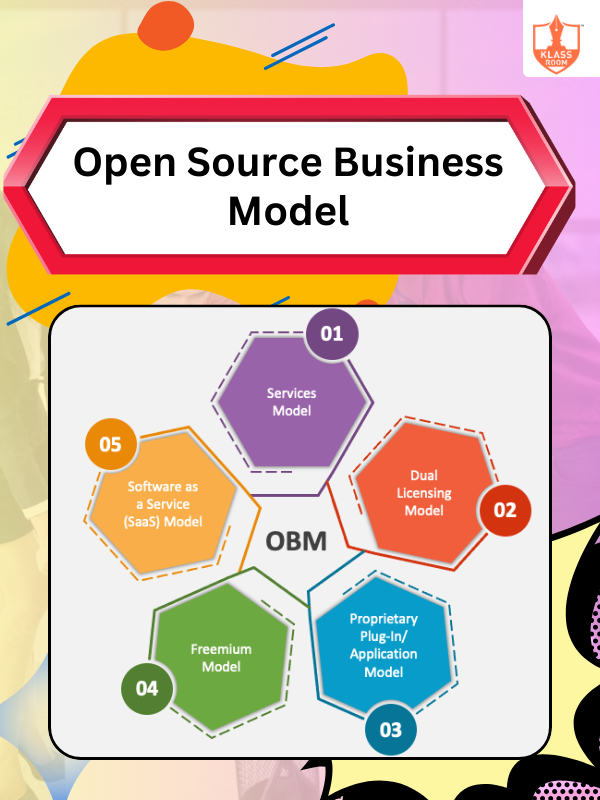
Open Source Business Model
Description: An open source business model generates revenue by offering complementary services or products to free software.
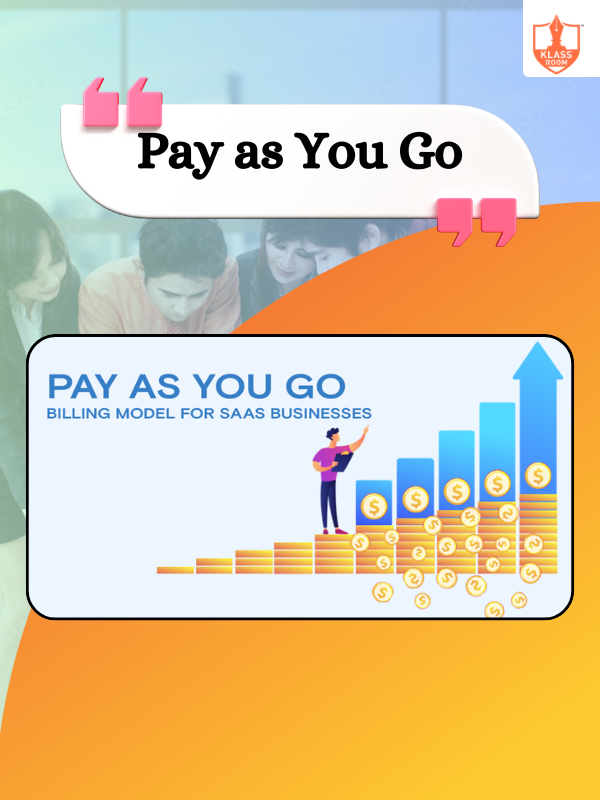
Pay as You Go
Description: Pay-as-you-go charges customers based on actual usage, offering flexibility and cost control for services.

Amazon's Pay as You Go
Description: Amazon's pay-as-you-go model charges customers based on their actual usage of AWS services, ensuring flexibility.
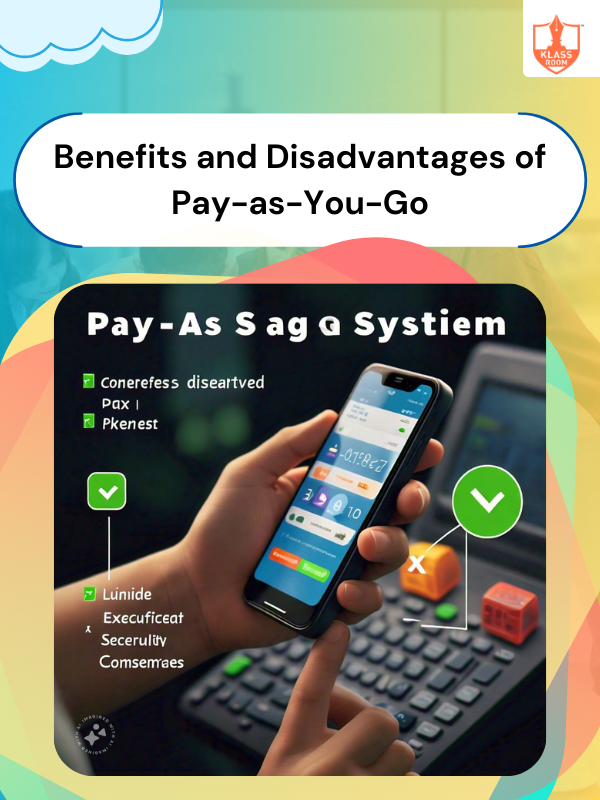
Benefits and Disadvantages of Pay-as-You-Go
Description: Benefits include cost efficiency and flexibility, while disadvantages involve unpredictable expenses and potential higher costs.

API Licensing
Description: API licensing allows developers to access and use an application's programming interface under specified terms and conditions.
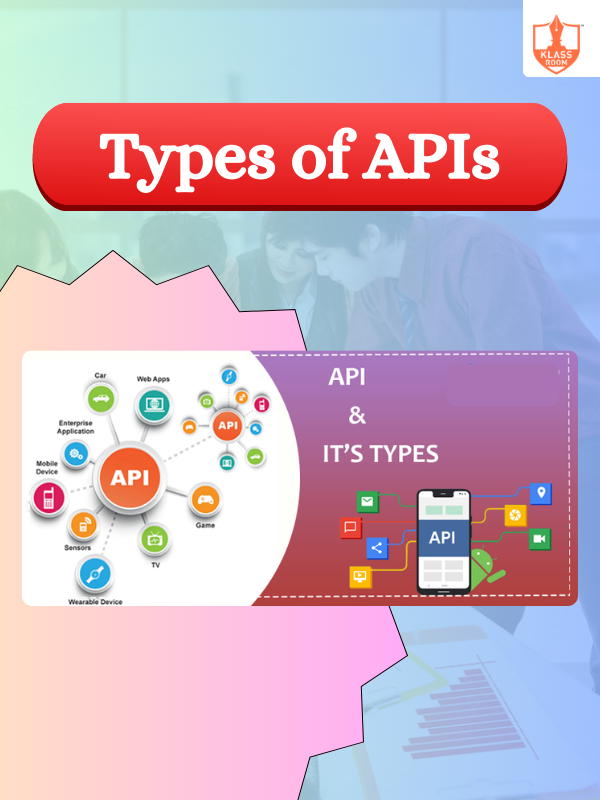
Types of APIs
Description: Types of APIs include open, internal, partner, REST, SOAP, GraphQL, and webhooks for integration.
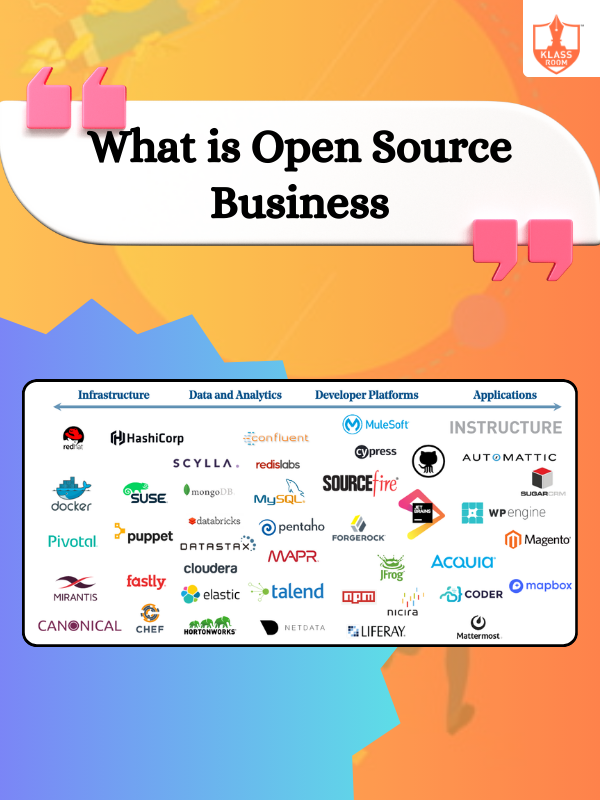
What is Open Source Business
Description: An open source business provides free software, generating revenue through services, support, and premium features.
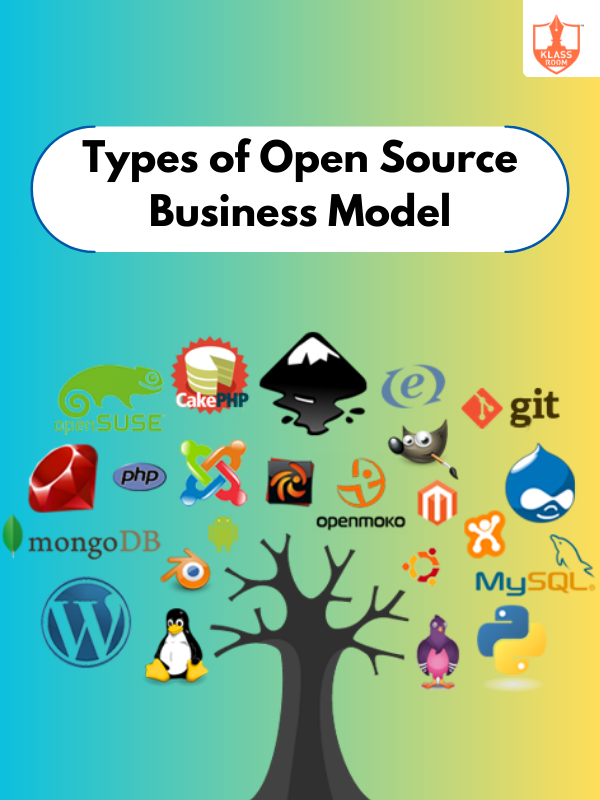
Types of Open Source Business Model
Description: Types of open source business models include freemium, support and services, dual licensing, and open core.
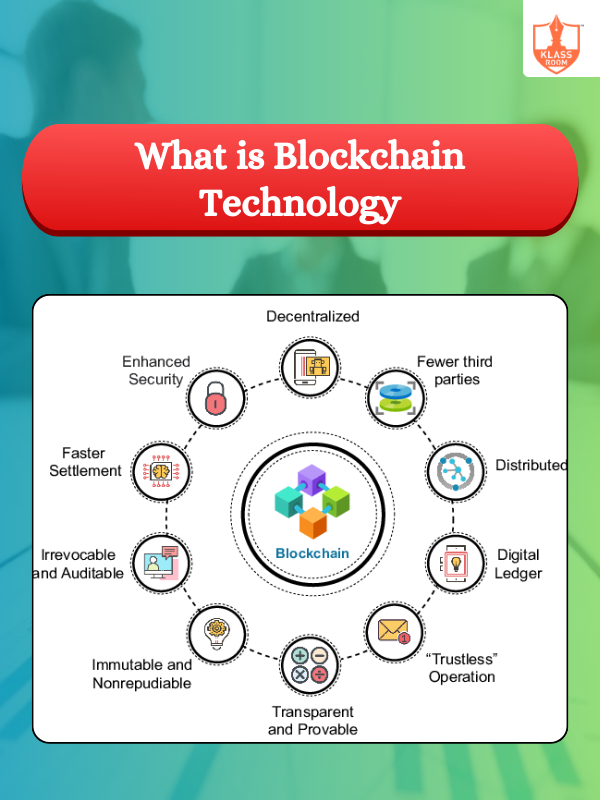
What is Blockchain Technology
Description: Blockchain technology is a decentralized, secure ledger system for recording transactions across multiple nodes.
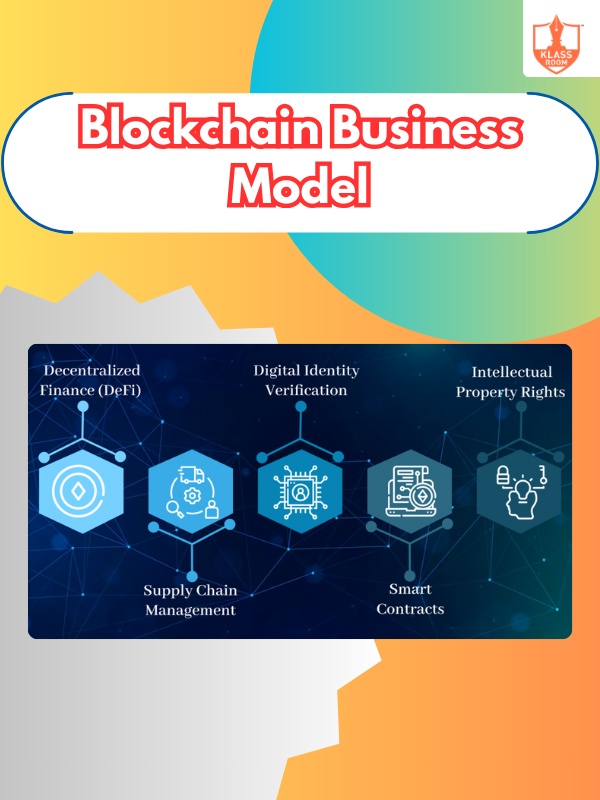
Blockchain Business Model
Description: The blockchain business model involves decentralized transactions, smart contracts, and tokenization for secure, transparent operations.
.jpeg)



.jpeg)
.jpeg)
.jpeg)
.jpeg)

